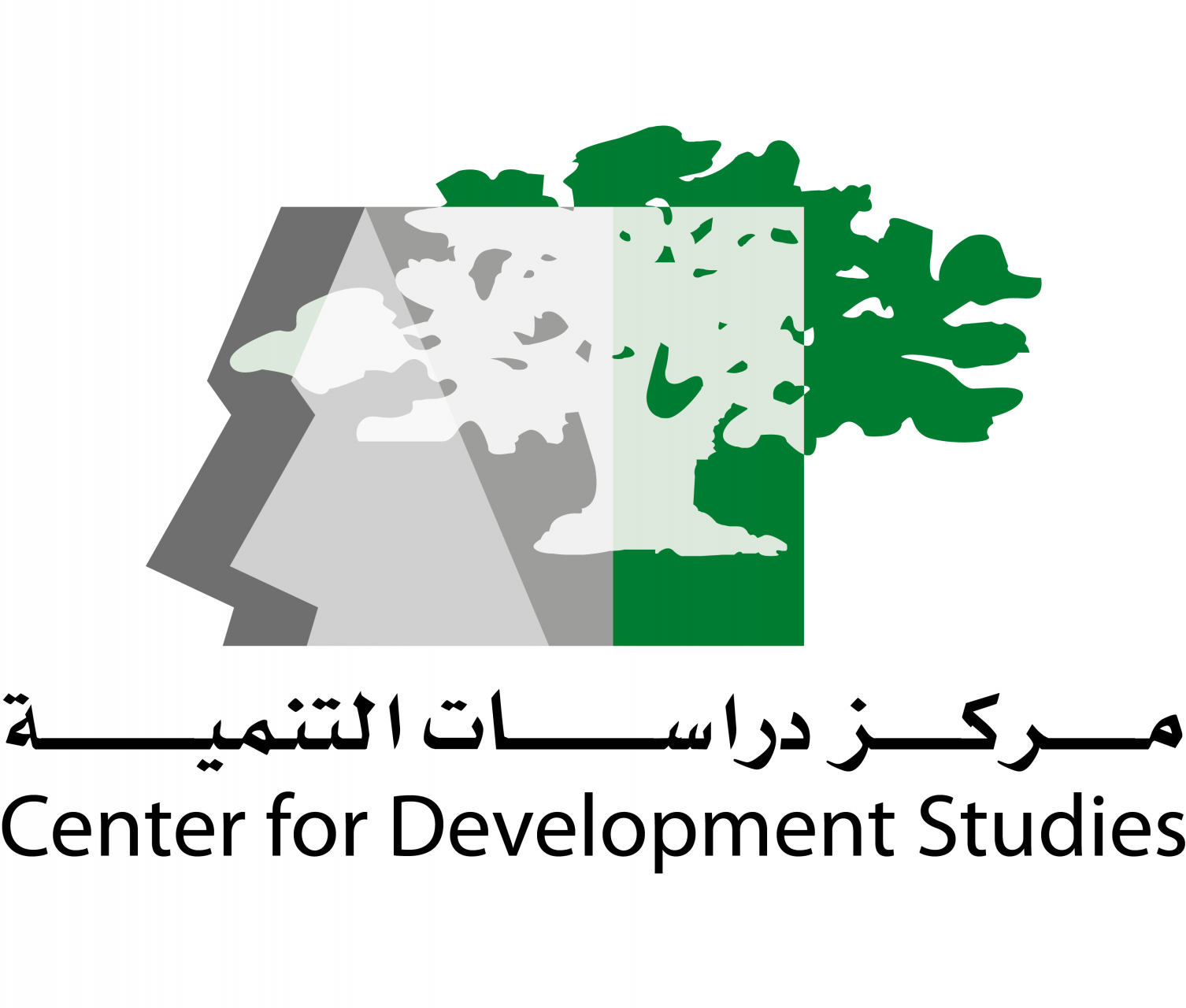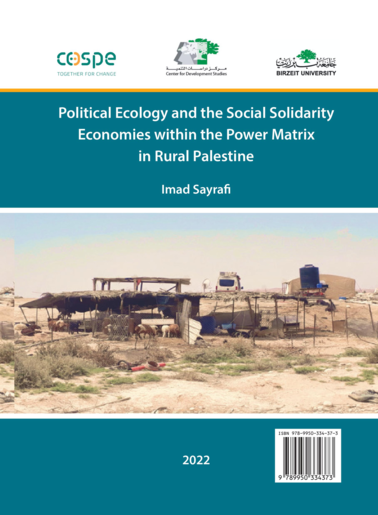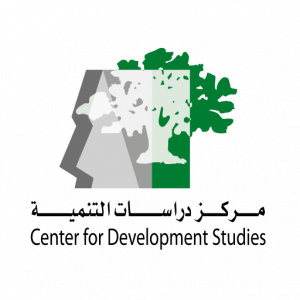Author: Imad Sayrafi
Executive Summary:
The research explores the links between the access to resources and social solidarity economies in Palestine. It is linked to the project Land and Rights, implemented by COSPE Onlus. It aims to further understand the complexities in relation to these links through developing a theoretical approach towards this intersection and its’ manifestation in the Palestinian context. The research utilizes the general framework of political ecology as a way to frame the research in addition Ribot and Peluso’s theory of access, analyzing access to resources in relation to the capacity to benefit from resources. The research adopts the stakeholder analysis methodology, a type of action research, and is based on empirical material and qualitative data collected with various institutional stakeholders, in addition to community members in 4 rural regions in the West Bank; Salfit, rural areas west of Jerusalem, West Bethlehem, and the South Hebron Hills. These include interviews and focus group discussions with farmers, community members, community organizations, and cooperative members. In addition, the fieldwork consisted of interviews with international development organizations, government agencies, and local development organizations; aiming to analyze the different perspectives of actors linked to the development process. The research indicates the complexity of development particularly in the settler colonial frontier areas which the research focuses on, and the failure of international law and humanitarian protective action to protect people in these areas, aspects which are manifested in resource access. Communities face increasing challenges in accessing vital resources such as land and water and their spaces are continuously shrinking. At the same time, there are many everyday individual and collective practices which Palestinians engage in that demonstrate their agency in resisting the situation they are confronted with. Social solidarity and cooperatives, while failing to create a structural change, can at times provide better access particularly through allowing more benefit through collective power and actors’ interdependency. They are still placed within a complex web of power also in relation to the contradictory effects of development interventions. For examples, cooperative members gain better access to markets and relationships and are able to improve their situation, albeit in a limited manner. At the same time, the cooperative sector faces many challenges such as dependency on foreign aid, and lack of belief in cooperative culture. However, the cooperative sector, as the research indicates, cannot be seen as separate from the larger terrain of Palestinian organizing and processes of NGO-ization that have increased their presence in relation to Palestinian social movements. The study, thus presents a complex analysis of reality and opens the door for a deeper understanding of ongoing processes of development necessary for development practitioners, policy makers, and academics. The study presents different recommendations for various stakeholders. This includes recognizing that there is a need for international organizations to work more seriously towards challenging the structural factors that shape development most notably the Israeli occupation and settler colonialism. Moreover, the research stresses the need for in-depth research to precede development intervention, improved networking between actors of the development process, supporting grassroots development, while at the same time, recognizing that there is still benefit for development interventions, even if it is at the micro scale, particularly for those living in frontier areas most confronted with violence.
The PDF file is available for download (The file includes both the English and Arabic versions).




Comment here